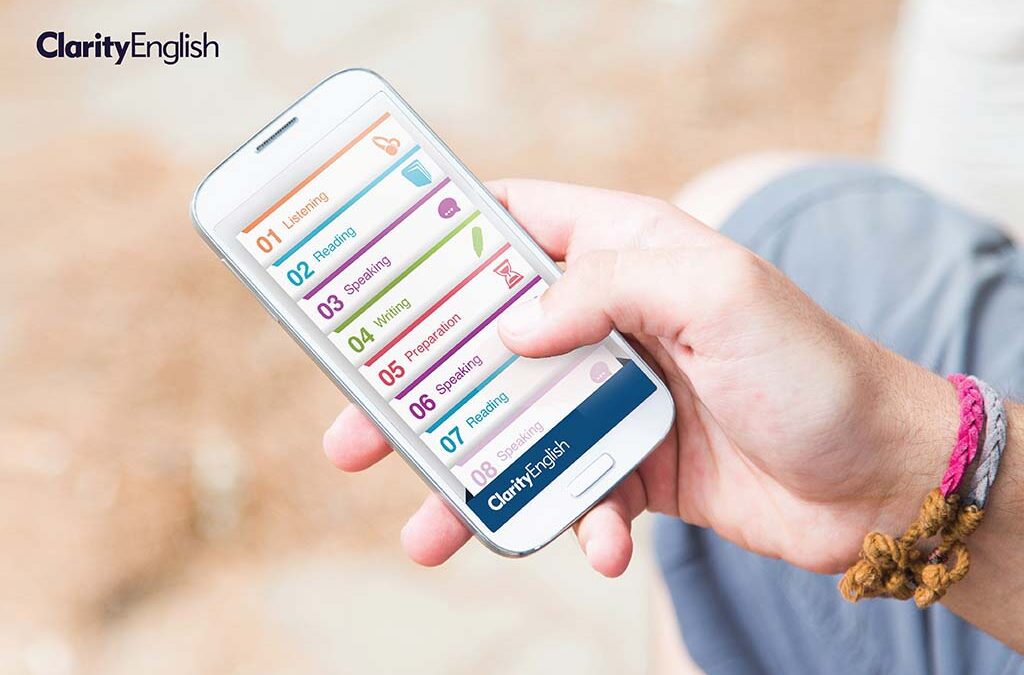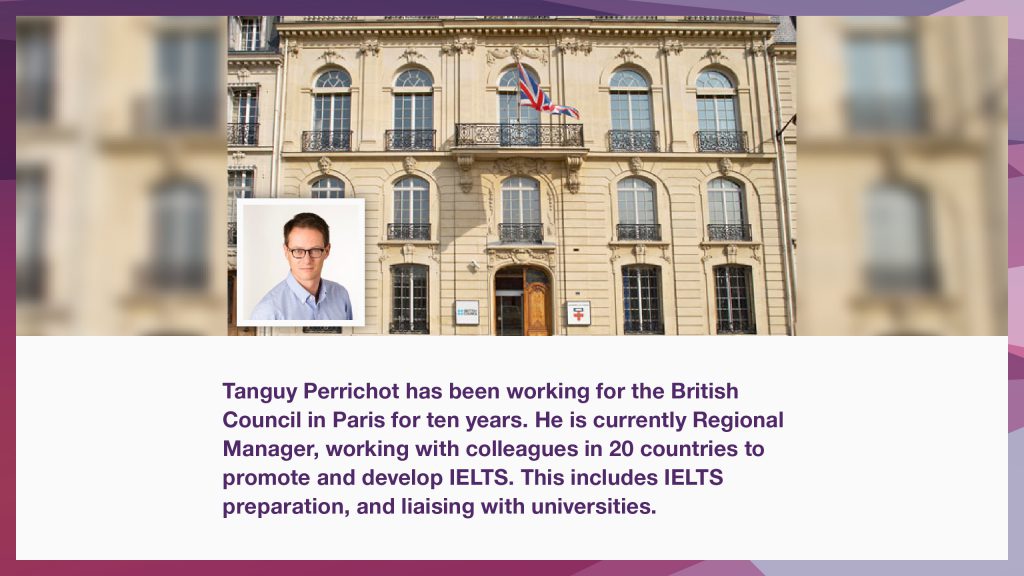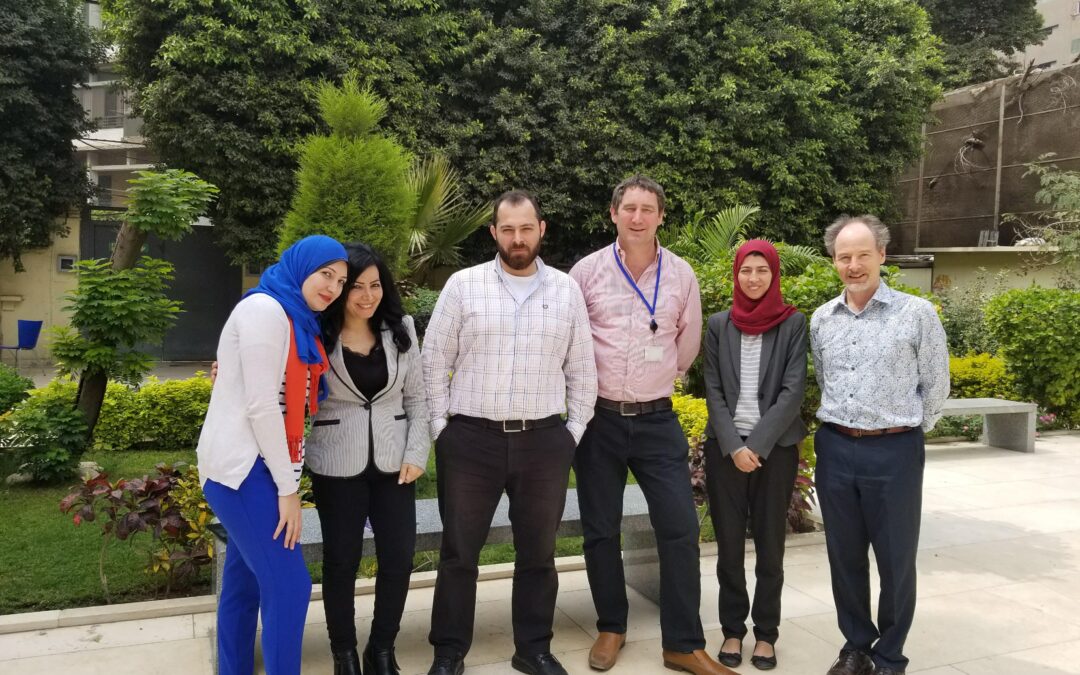Clarity is committed to supporting teachers preparing students for IELTS not just through Road to IELTS, but through a host of other support materials too.


Clarity is committed to supporting teachers preparing students for IELTS not just through Road to IELTS, but through a host of other support materials too.
At the end of our standard setting event, we asked our panelists for their opinions on the whole experience. Watch this video to find out what they said.

In this article, first published in the EL Gazette, Andrew Stokes explains how the current approach to student recruitment often fails both the student and the university.

Andrew Stokes asks whether students should be tested via their mobiles — and whether they should even know they are being assessed.

Andrew Stokes looks at what goes on behind the scenes to ensure that a test is both fair and accurate.

On a visit to British Council Paris, Clarity’s Andrew Stokes talked to Tanguy Perrichot on providing IELTS support to universities in France. They discussed a successful approach to guided self-access.

Try this four-step process that will provide a structure for the students’ work, leaving you free to guide and advise.

Andrew Stokes argues that a four-minute video can get teachers over the crucial first hurdle in learning how to use a new online resource.
Recent developments in data protection regulations, and especially GDPR, have made Clarity think harder about how we deal with student data. In this interview, Dr Adrian Raper, Clarity’s Technical Director, who is also in overall charge of data protection, discusses where he draws the line between two opposing imperatives.

The HOPES Madad project was set up by European Union agencies to support Syrian refugees moving into higher education. In this interview, Clarity’s Technical Director Adrian Raper discusses the project, and the role played by the Dynamic Placement Test, with Harry Haynes and Hala Ahmed of the British Council.